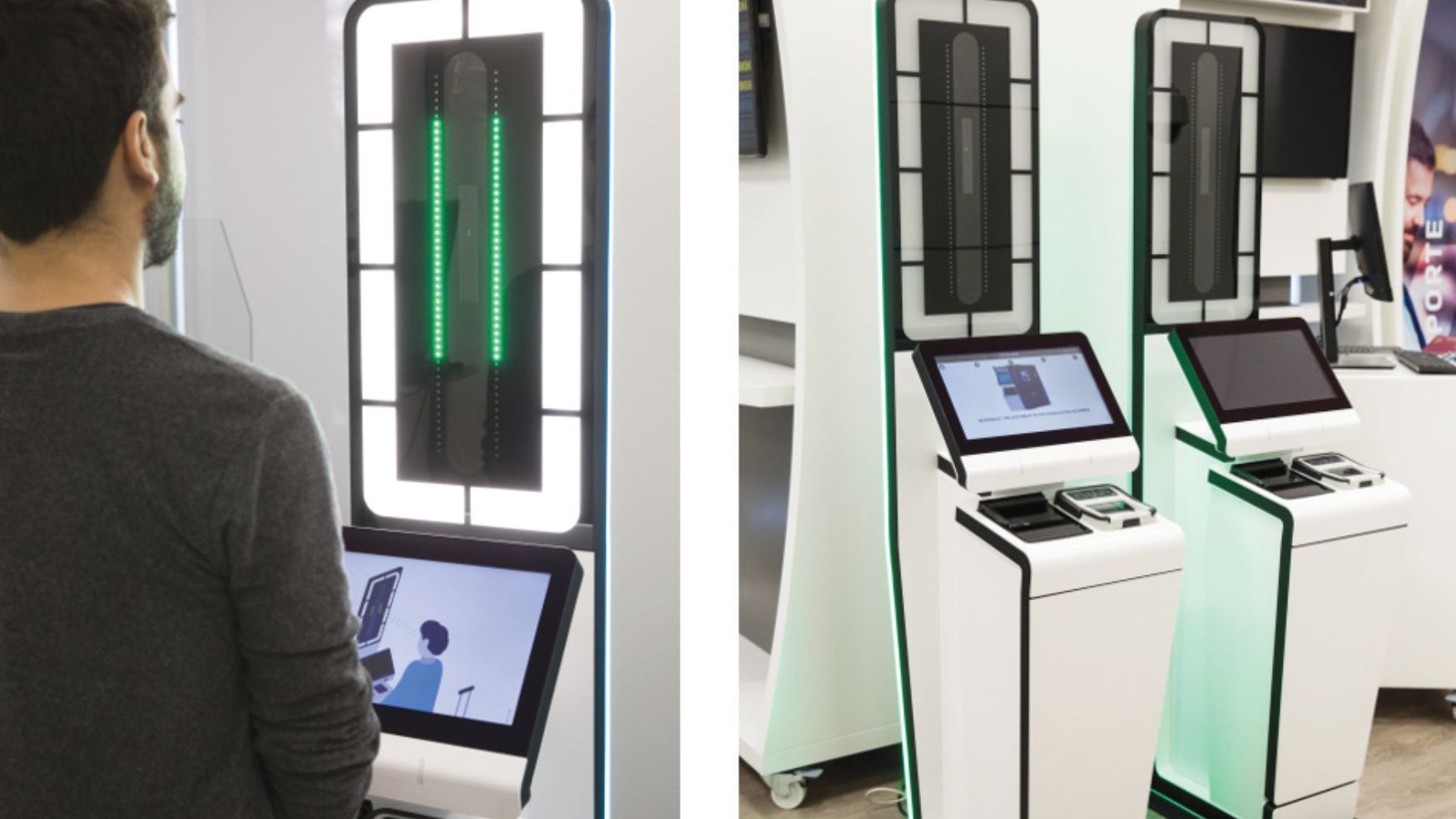French airport bosses are lobbying the European Union to delay the launch of tough new border controls over fears of queues and chaos.
Strict rules will come into force on November 6, a month later than initially reported, but fears are growing that airports will not be ready to deal with the extra controls.
Under the new entry and exit system (EES), all passengers without EU passports will be required to have their fingerprints registered and their pictures taken on arrival in the bloc.
The system’s launch had been due in May but was delayed because of IT problems as well as lobbying by French officials who did not want the scheme in place during the Olympics.
L’Union des Aéroports Français, which represents airports in the country, is concerned that its members will not have time to set up sufficient kiosks to collect biometric data. There is particular concern that Parisian airports will be unprepared because of the Games.
Advertisement
Thomas Juin, the body’s president, said: “It is not looking good for waiting times. There are risks of really long queues.”
The plan is that arriving passengers will register their details at a kiosk, then proceed to a staffed border point. EES will eventually replace the so-called “wet stamping” of passports.
Nicolas Paulissen, the general delegate of the airports body, said: “November 6 was decided at the start of this year. We want to delay it to the first quarter of 2025 but, for now, the European Commission is fixed in its position. But this year’s Olympics mean we are unable to carry out work in the Paris airports from May to September.”
Juin also told The Connection, an English-language French news service, that the risk of chaos at the border would be made worse unless extra police resources were drafted in, a subject he said was a “sensitive point”.
There are fears on both sides of the Channel about the new system.
Advertisement
Bosses at the Channel Tunnel in Kent, where border controls are juxtaposed with French immigration formalities conducted on UK land, estimate that the average time for processing a car through the border will rise from less than one minute to between five and seven minutes.
There are also concerns about bottlenecks at the Port of Dover and the Eurostar terminal in London. In January officials in Kent said that holidaymakers driving to Europe would face queues of 15 hours or more in the county when the EES comes into force. Ashford borough council wrote to MPs on the European scrutiny committee that the “reasonable worst-case scenario” would result in gridlock in Kent and “welfare concerns for passengers”.
Getlink, which operates the Channel Tunnel, is building a new processing area at its Kent site to process passports from non-EU states. Passengers will have to get out of their cars and use new computer terminals to register their biometrics. Only once complete will they be able to proceed to the French border control booths.
Bosses said that the new facilities would cost £67 million to install and would be able to process 500 cars an hour. The tunnel has a peak hourly capacity of 840 cars.
Member states have been told they should ensure the systems are ready to go by the end of July in readiness for the launch in November.
Advertisement
It will be in force in all EU nations — bar Cyprus and Ireland — as well as Iceland, Norway, Switzerland and Liechtenstein.




